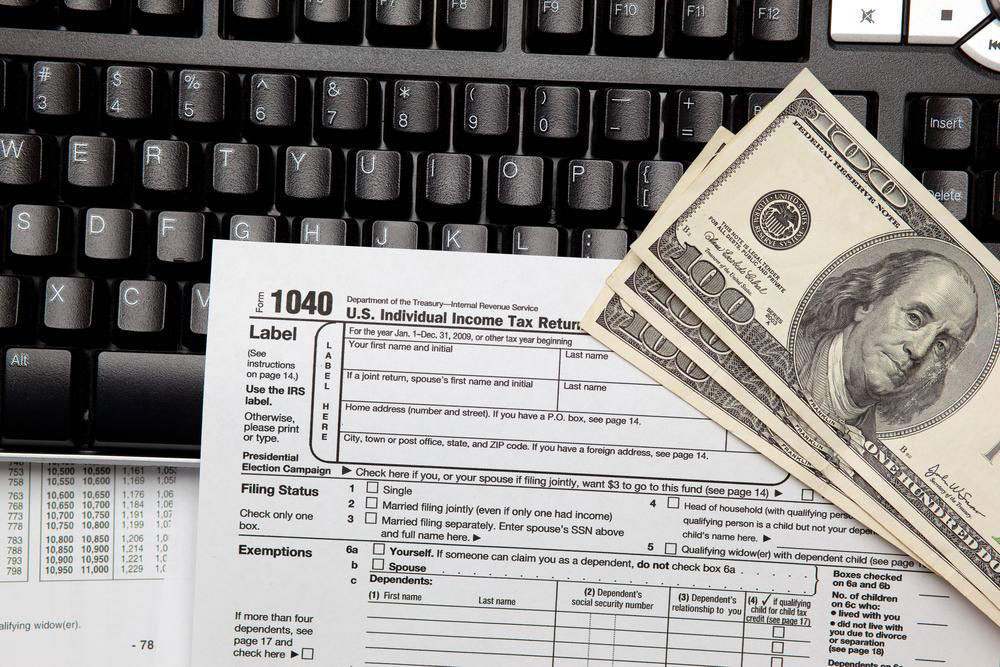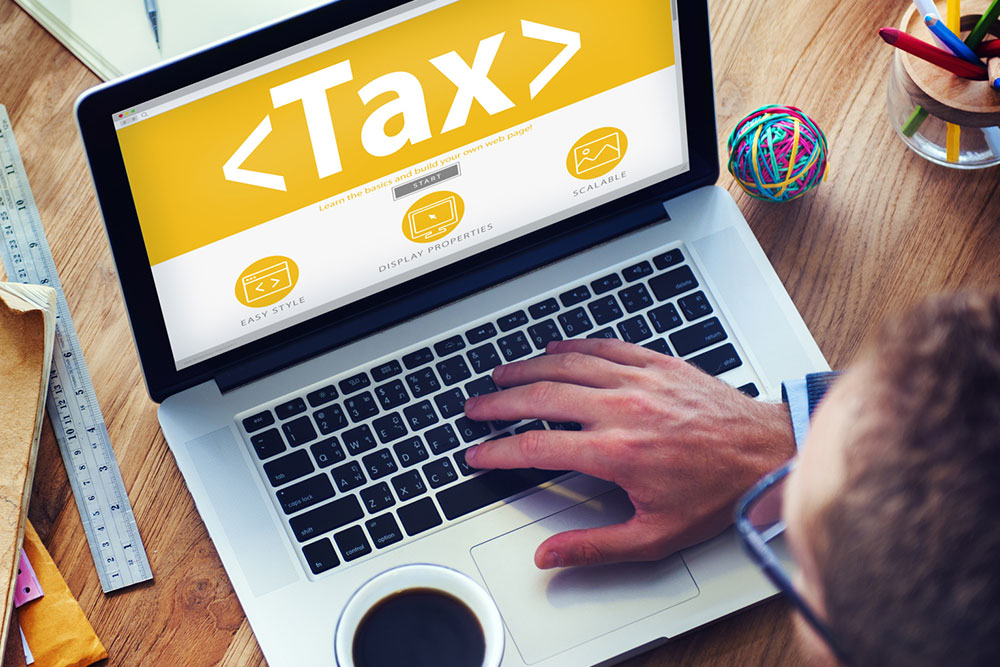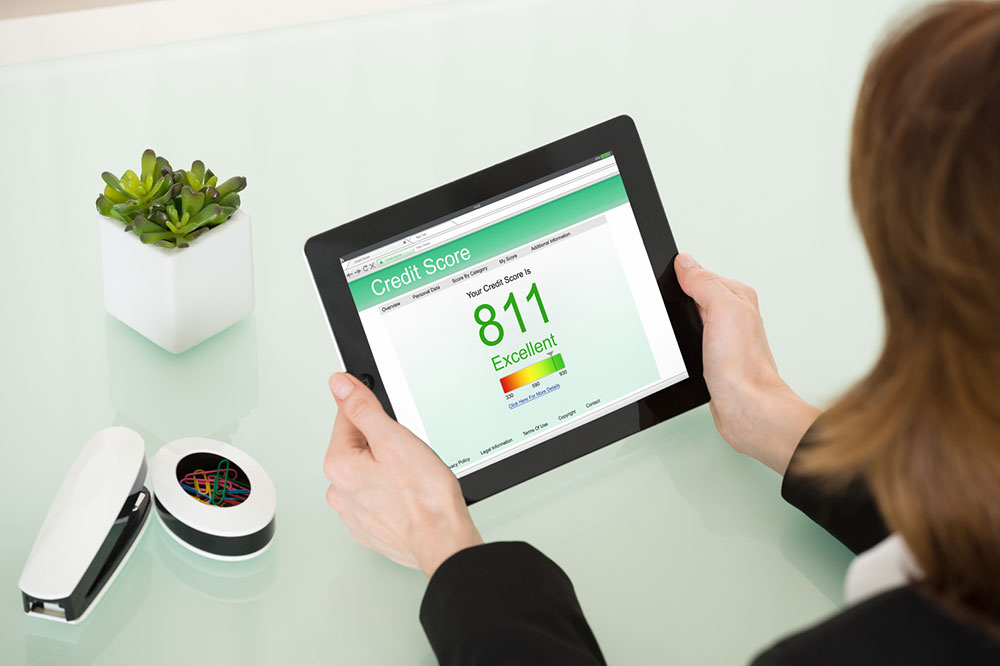Common Tax Mistakes to Avoid for Smooth Filing
This article highlights common tax mistakes to avoid, including neglecting health coverage requirements, not using tax software, sharing sensitive ID information, and mismanaging assets. Follow these guidelines to streamline your tax filing and prevent penalties. Proper preparation and cautious handling of personal data are essential for a smooth tax season. The tips provided aim to empower taxpayers with practical advice, ensuring compliance and maximizing deductions.

Common Tax Mistakes to Avoid for Smooth Filing
Tax season can be daunting for many individuals, often leading to overlooked details and mistakes. Proper organization and awareness of key aspects can make the process less stressful. To ensure a hassle-free tax filing experience, steer clear of these frequent errors. Keep these tips in mind to efficiently manage your taxes and avoid penalties or delays.
Overlooking Health Insurance Requirements
Ensuring continuous health coverage is crucial. Under the shared responsibility rule, you and your family must maintain minimum health coverage to qualify for exemptions. Lapses could result in shared responsibility payments, so verify your coverage status for the entire year.
Skipping Tax Preparation Tools
Managing taxes can be complex, especially without professional help. Instead of attempting to do everything manually, consider using trusted software like TurboTax or hiring a tax expert. These tools offer accurate calculations and ensure compliance, minimizing errors and potential audits.
Sharing Your Personal Identification Number
Taxpayer identity protection is vital. Each eligible taxpayer receives an Identity Protection PIN to prevent fraudulent filings. Protect this confidential six-digit code strictly; sharing it could lead to identity theft or fraudulent claims. Remember, the IP PIN is renewed annually, so keep it secure and private.
Forgetting to Declutter Assets
Assets beyond cash can be beneficial during tax filing. Donating items like electronics, clothing, or household goods to charity can provide deductions based on their fair market value. For donations exceeding $500, complete Form 8283 to claim your noncash contributions properly.










